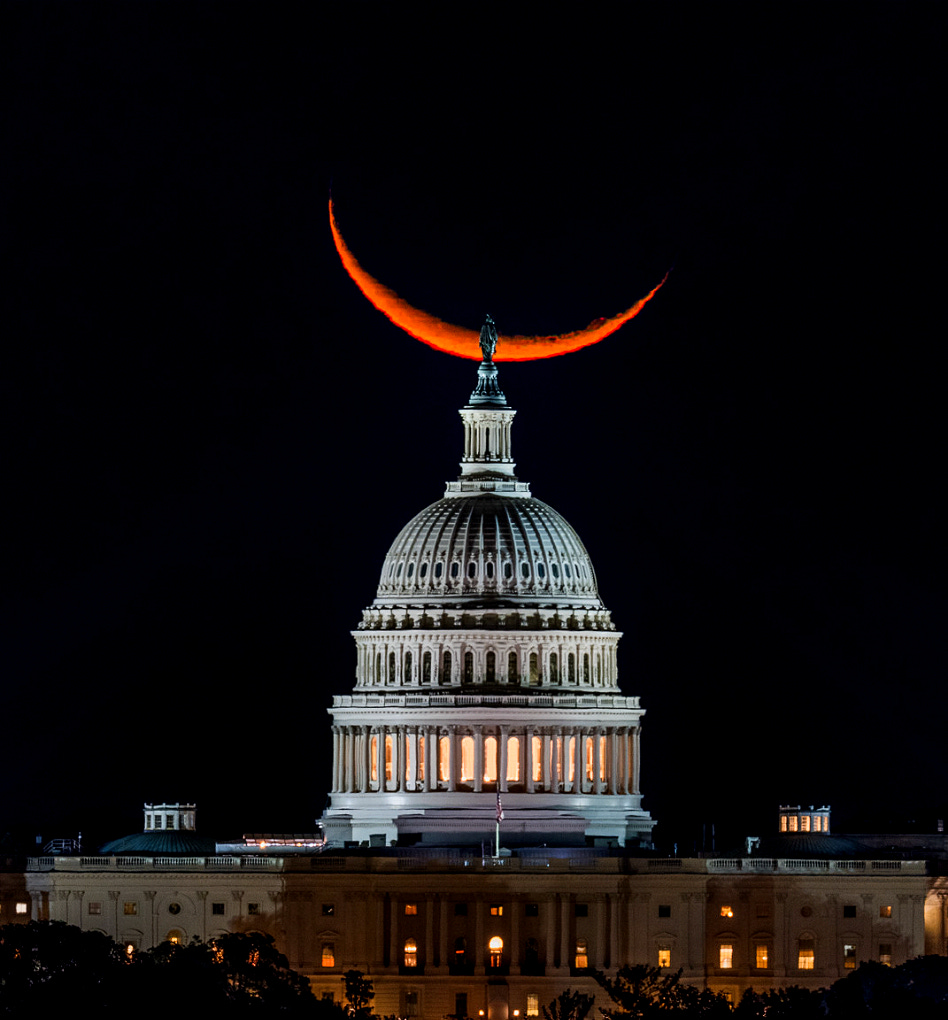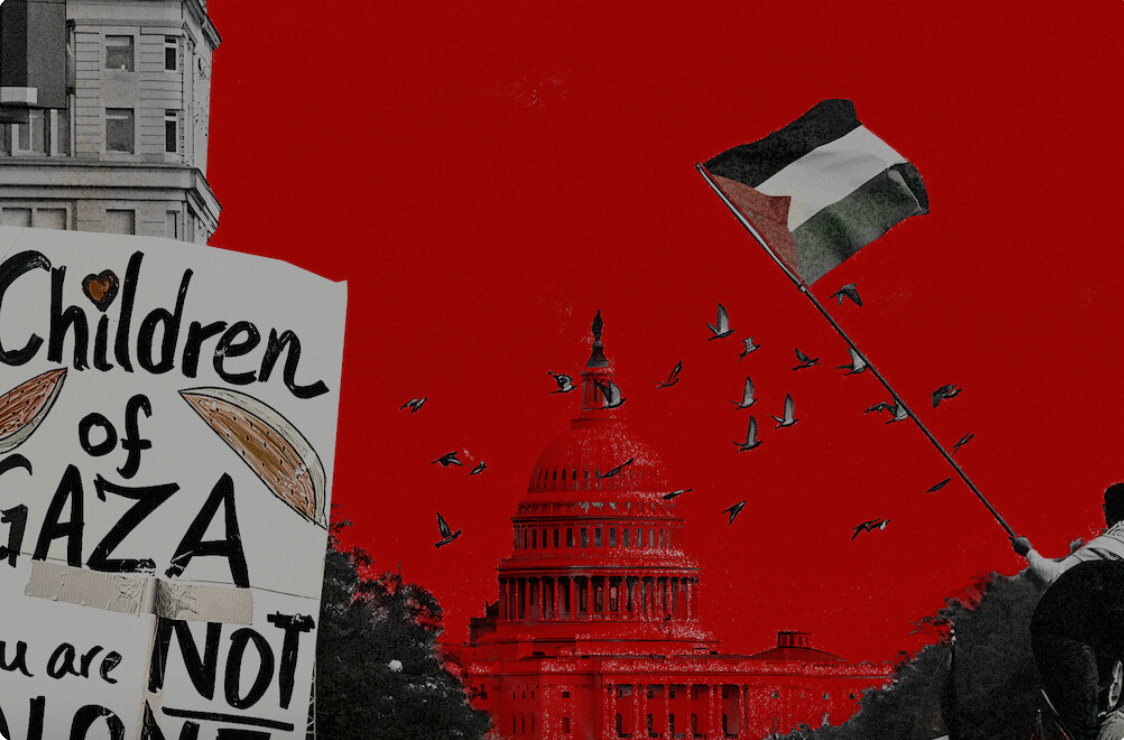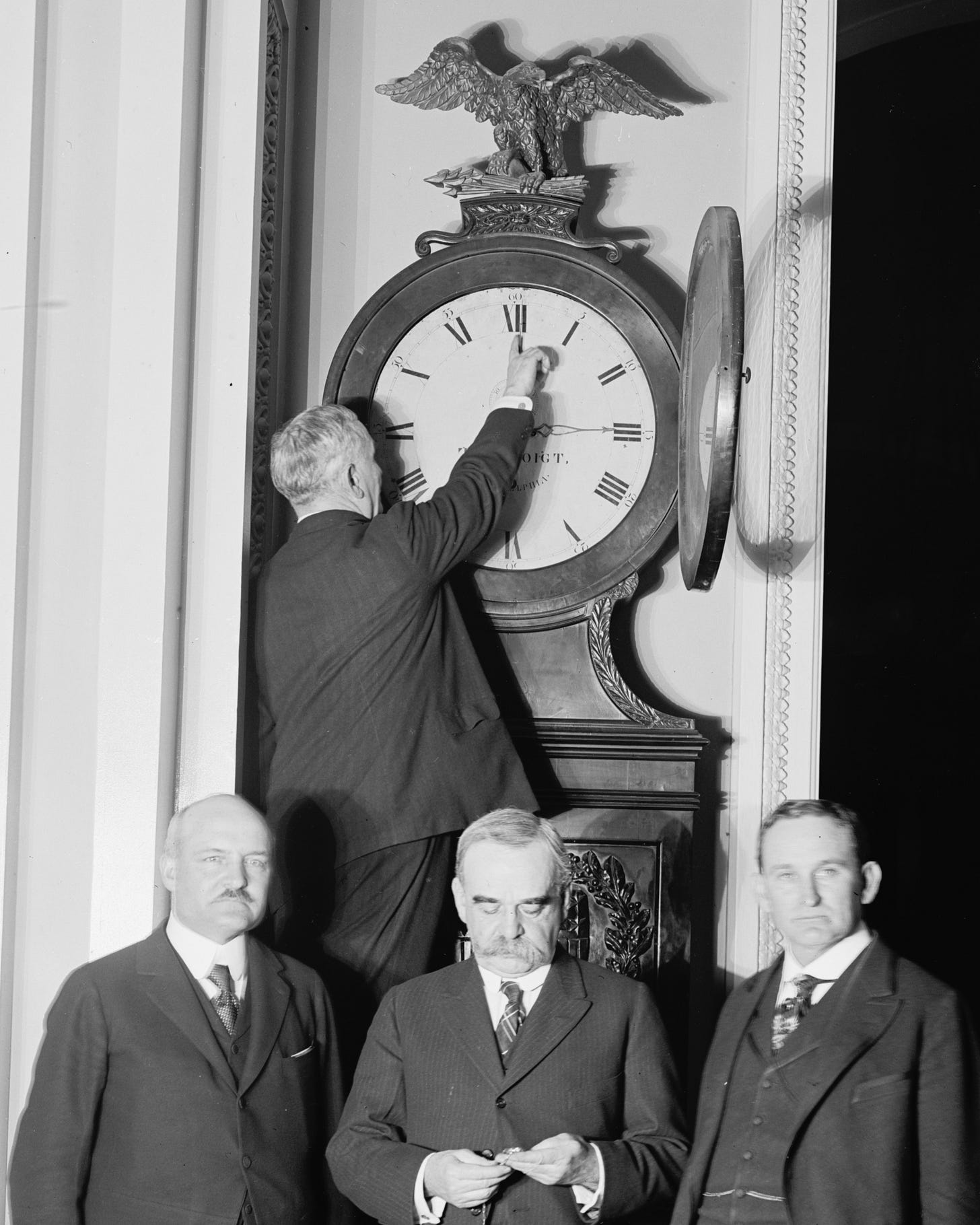Nightfall At the Crossroads
On the Eve of the U.S. Presidential Election, Harris and Trump Fight for the Soul of a Nation.
It was the night before…
And two candidates readied themselves for the presidency. On both sides, their efforts grew more and more desperate as they sought to win over the final undecided electorate. For the former president, he would conjure dreams of Project 2025: A nation made up of a conservative judiciary system, a smaller, (more controlled) cabinet, immunity for his friends in the police department, and a censored education sector. Elsewhere, an experienced and formidable candidate sat with her most trusted, devising ways to engage those who’d become disillusioned with her campaign, with the knowledge that some of them might never see the potential in her leadership on account of her place in her country as a bi-racial woman. For both candidates, they found themselves at a critical juncture, seeking to connect with a pivotal electorate to clear the path to Capitol Hill.
It’s 4.49 pm BST where I’m writing this from, around 31 hours before the polls close at 8 pm ET. Despite being a British citizen, my fears of a Trump presidency are incredibly real. His success here would epitomise the futility of social expectations in the face of a white, male privilege. How could a convicted felon, one who was previously impeached, one who continues to incite violence against members of the working class find victory?
Why is it even close?
We know that swing states will likely seal the fate of tomorrow. Harris is focusing on Pennsylvania, where she is appealing to the significant Arab American and Muslim-American population, emphasising her commitment to ending the war in Gaza.
Meanwhile, Trump is campaigning in North Carolina and Pennsylvania, determined to make headlines with controversial remarks about his presidency and media. With over 78 million Americans having already voted, Trump is back to his old tricks, criticising polling he claims is biased against him in his usual air of neuroticism and paranoia, suggesting a health policy role for Robert F. Kennedy Jr. Harris whilst also navigating challenging questions regarding her voting record on criminal justice reforms. As the candidates make their final appeals, the stakes are high in states pivotal for securing victory.
In Philadelphia's vibrant Puerto Rican community, where a conservative approach to politics is the typical dominant force, many locals were outraged by the proceedings of his rally the previous night. ‘Comedian’ Tony Hinchcliffe referred to Puerto Rico as an "island of garbage," insulting their humanity, dignity and pride. With just days until the election, this remark has likely damaged Republican efforts in Pennsylvania, a crucial swing state narrowly won by Democrats in 2020. While the Trump campaign quickly sought to distance itself from Hinchcliffe's comments, the Harris campaign utilised this opportunity to highlight Trump's historically divisive rhetoric. Many in the Puerto Rican community, including local business owners and supporters of Harris, hope the ‘joke’ could rally voters to her side, considering Pennsylvania’s large population of eligible Latino voters. Trump’s inability to address the concerns around the blatant racism often found among his attendees, could only further pull them towards democratic alignment. Despite my being unsurprised, I’m wondering how racist jokes have maintained their place within the context of an electoral process. Trump’s inability to maintain any sense of professionalism has bred a culture of arrogance amongst those around him, to where violent prejudice against minorities is almost expected.
In an interview for CBS, JeanMarie Lugo, a Puerto Rican constituent in Philadelphia expressed a sudden switch to the blue party candidate,
“It was a day that changed everything. I finally said, no I have to be on the right side of history”.
But beyond street interviews, the arena of online discourse saw disappointment from the black community at notions of ‘POC solidarity’, with questions that spoke to Trump’s longstanding history with racism even before these latest comments. As those like Lugo share their honesty about their previous inclinations to vote for Trump, having only just now found themselves disgusted by him, the individualistic interests of voters are further signified. When Trump refused to rent to black people in the 70s, called for the execution of five innocent black boys, or more recently made comments surrounding the notion of ‘black jobs’, the outrage from non-black people of colour was largely absent, with some feeling okay about voting for him on account of his other policies, almost waiting for the moment in which they were personally discriminated against. At the same time, the degree of intolerance that has become entrenched in minority communities found cause in trumps campaign, where right-wing stances on abortion, education and economic policies are fields of common ground for the older generation of minority groups and the former president, even if he so clearly doesn’t see colour in his ‘vision for the future’.
Still, it feels as though the leeway to vote for personal and familial interest is a right unafforded to black Americans. We’ve seen how black people have faced criticism for prioritising black safety by voting for Kamala Harris, who, having been rightfully scrutinised by single-issue voters on Israel and Palestine, has not positioned herself as the ideal candidate for leftists. During a rally in East Lansing, Michigan, Vice President Kamala Harris emphasized her commitment to “Ending the war in Gaza, securing the release of hostages, alleviating suffering, and ensuring both Israeli security and Palestinian rights”. But with her inability to divorce herself from the states’ long-standing affiliation with Israel, her message raises questions about its sufficiency to sway Arab American, Muslim American, and anti-war voters at a key moment in time. In Dearborn, a city with a significant Arab American population, many community members express dissatisfaction with Harris and the Biden administration's perceived inaction regarding Israel's military operations in Gaza and the West Bank, even as casualties pass 43,000, (UNWRA, Oct.29TH). In the middle of a lot of talk, nowhere to be found were any intentions to halt arms supplies to Israel, complicating her appeal to these voters.
Nevertheless, the black vote appears largely concerned with maintaining the few liberties and freedoms afforded to them so that they might ‘live to fight another day’, aiming to pressure Harris once she is elected, with concerns about their lack of freedom to protest in the event of a Trump victory as the genocide occurring in Gaza has remains an urgent humanitarian crisis. Last month, we saw a breakdown in ideology between leftists on both sides of the debate, where accusations of disloyalty fell upon black shoulders, despite the very real stakes held for the community in the upcoming election. For one, the promise of police impunity serves as a direct threat to black lives, considering the continued experiences with police brutality for black people, and yet the importance of combatting this reality landed for some as being unconcerned with Palestinian lives.
Nevertheless, Harris has managed to secure the **EDIT** black female vote with her stances on abortion following last year’s overturning of Roe v Wade. Those adverts visualising for us the dangers of a pro-life nation keep popping up on my X feed (in spite of the pervasiveness of the political alignment of its CEO). As women in conservative households make their way to the polling station with or without his knowledge, they’ll do so in the hopes of securing a safer belonging for themselves and their daughters to come.
In the context of an electoral debate, and one that appears so polarised, it’s easy to become absolute in our thinking. But so close to the election, we might consider seeing the destructive nature of Harris’ current stance on the Palestinian genocide, whilst recognising that a Trump presidency isn’t tenable. The alternative though, to abstain from voting, as an aim to withdraw from the paralysing choice between ‘the lesser of two evils’, won’t halt the electoral process, but might help secure a win for Trump.
The ’Spoiler’
So we have thousands of blank ballads; those deciding not to vote, as well as those undecided. But then some look to a third choice;
“What about Jill Stein?”
The ‘progressive’ option.
As so many consider a Third Party candidate, misinformation surrounding her true intentionality has convinced voters she might be a viable solution, despite the clear unlikeliness of a Green Party win.
In 2016, Jill Stein's campaign played a significant role in Donald Trump's electoral victory, as she garnered 132,000 votes in key swing states—Michigan, Wisconsin, and Pennsylvania—where Trump won by a mere 77,000 votes. Fast forward to June 22, 2024, during a rally in Philadelphia, Trump praised Stein, saying,
“Jill Stein, I like her very much. You know why?
She takes 100% from them.”
Stein has openly embraced her role as a spoiler, declaring her intent to prevent Kamala Harris from winning the White House and acknowledging that her campaign lacks a viable path to victory. She has echoed MAGA rhetoric, discussing issues like January 6 and expressing openness to pardoning January 6 protesters and even Trump himself. Reports from The Wall Street Journal and Salon have also highlighted her campaign's ties to a Republican consulting firm for ballot access, as well as her representation by Trump’s former personal attorney in a recent court case in Nevada.
Where this leaves us I’m not sure. But between the rallies we’ve witnessed, and the absence of unity within the voting bloc as interests remain divided, this election seems characterised by a distinct fear. In a world where no one is protected, this decision feels like an incredibly personal one. For Trump’s administration, its convictions be dammed.
Only a few hours left to go now,
(We’ll count the minutes together)
…
Asisa











🤞🏽🤞🏽🤞🏽
#hillbillies4harris ❤️💀